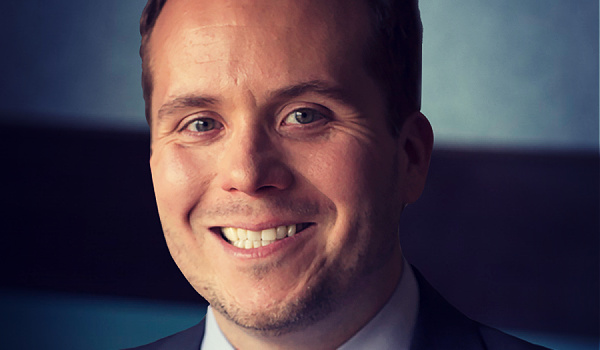By Daniel Crosby
Knowing what to do isn’t difficult. The problem is doing it.
When the market goes haywire or a client’s financial life is jolted by one of life’s unanticipated surprises, how do you help them stick to their plans? Their long-term goals might seem very far away in the heat of a difficult moment.
It’s important advisors learn to give advice and even comfort in a way that is consistent with research around “stickiness.” What follows is a four-part process, developed at the Orion Center for Outcomes, around giving clients advice in a way that influences behavior change.
Why?
Begin the conversation by recentering the client on their goals, values, and especially their financial plan. Remind them you knew there would be days, weeks, and even years like this when you set up the plan, meaning if their values haven’t changed, neither should your basic approach.
We’ve found the simple act of beginning and ending a conversation with “Why” has been shown to increase compliance with requests by 50% and dramatically decrease the likelihood of going to cash. Starting with “Why” reminds them of why they are here and gives them a “yes” that’s bigger than the “no” of all of the fear they are currently experiencing.
What?
Once you have connected with your clients around their goals, it’s time to educate them about the particulars of what you suggest they do. The purpose of this is twofold:
1. You are giving evidence-based advice on how, practically, to proceed.
2. You are establishing yourself as an expert.
The second point is important in times when investors may be lacking confidence. This advice could center around the dangers of market timing, the improved return characteristics following a dramatic drop, the behavioral dangers of overactivity, or a host of other topics. The important thing to remember is it’s in the client’s best interest and rooted in research-based best practices, which brings us to “Who?”
Who?
While conveying factual information, it increases uptake to share the reputable sources from which it came. After all, during times of uncertainty, your clients will want to know they are receiving top tier advice and not just being told to stay the course out of a sense of personal expediency. Is your advice to diversify based on the Nobel-prize winning research around the subject? If so, bring it up, chapter and verse. In times of conflict and stress, people prefer confident sources, so don’t be afraid to plant your flag in the firm foundation of evidence-based investing.
How?
Of course, all of this raises the question, “Okay, so what do I do now?”
The correct answer is nothing, of course. But people have an understandable action bias when things get this scary. Given that replacement behaviors tend to beat “abstinence,” let’s consider some constructive actions clients can take:
• Do a “little” something. Some clients will want to take a small portion of their portfolio to cash or risk-off in a limited way. It’s not ideal, but if it’s that or a wholesale liquidation, don’t let the perfect be the enemy of the good enough.
• Read or reread investment classics stressing the fundamentals of good investing – Personal Benchmark: Integrating Behavioral Finance into Investment Management, The Laws of Wealth, The Behavioral Investor, and books by Nick Murray or Carl Richards.
• Put in “crash bids” for stocks that are currently too expensive or that you kicked yourself for missing on the way up.
• Laugh in the face of danger by upping 401(k) contributions and/or maxing out SEP-IRA and 529 contributions.
• Channel nervous energy into walking, exercise, or finding a new hobby to distract.
Let’s be honest: you may well be tired of having this kind of conversation over and over with different clients… or even the same client, for that matter. It can be frustrating to see the right path so clearly, while someone else struggles to stay committed to it. There is a real temptation to be dismissive or abrupt. The four steps above are the medicine your clients need, but kindness, patience, and empathy are the spoonful of sugar. Take care of yourself, take care of your families, and please use these tools to take care of your clients when they need you most.
Daniel Crosby, Ph.D., is the chief behavioral officer of Orion Advisor Solutions.







